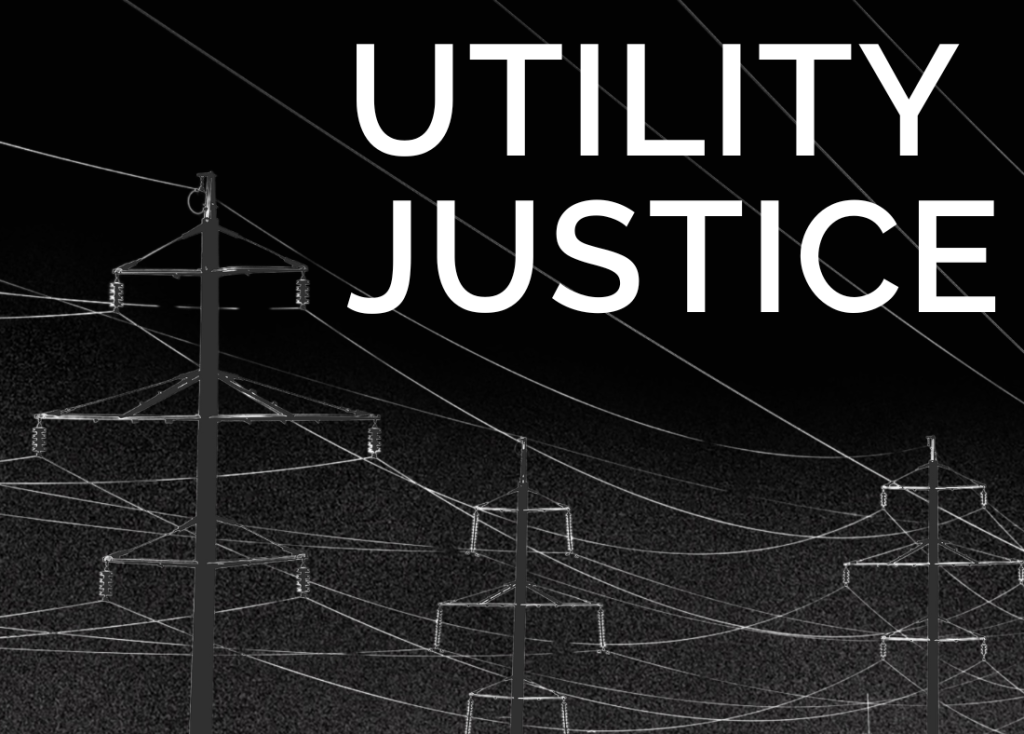Kelly Rickwa, SanDiego350 Outreach Intern

My name is Kelly Rickwa, and I am an Outreach Intern with SanDiego350 for this summer. I am an engineering student heading into my second year of college at Santa Clara University, and I am passionate about climate action and renewable energy. Throughout the past few weeks, I have gotten to dive into the work that SD350 does, learning more about the environmental injustices present in the San Diego community. The topic of utility justice arises often in these discussions, which I have come to understand as work dedicated to implementing equitable, renewable, and affordable energy to all people regardless of income or location. This is applicable in San Diego because utility rates from investor-owned utilities are one of the highest in the country and increasing. This blog will focus on the important people and bills related to utility justice that I have learned about so far at SD350.
I have attended various training and team meetings, and one of the terrific teams I have met is the San Diego Building Electrification Coalition, which SD350 helped launch. This team dedicates their time to decarbonize buildings, neighborhoods, and schools. Decarbonization, or electrification, is the effort to eliminate carbon dioxide from being released into the atmosphere through the process of moving from gas appliances to all-electric appliances that are typically more efficient and do not pollute the air. AB 306 and SB 1221 were some of the Coalition’s priorities this year.
A recent climate related bill has taken a long journey and ended up within a trailer bill. A trailer bill is a series of bills that the governor will be passing as part of budget discussions. California Assembly Bill 306, an effort to halt changes to building standards for six years on the false premise of increasing affordability but ignoring growing climate concerns, was stuck into the state budget through the trailer bill AB 130. The intention of AB 306, framed by Assemblymember Rivas, was an attempt to make the rebuilding process of LA faster after the wildfires this past year, however they failed to recognize that electric buildings are faster and cheaper to construct. This bill, which was opposed by many environmental groups, was rammed through the budget, inhibiting changes to building codes that would require all-electric buildings. The City of SD and the SD County will not be able to implement reach codes to require electrification for 6 years.
California Senate Bill 1221, labeled as the Gas Distribution Maps and Pilot Neighborhood Decarbonization, has been a topic of discussion within many groups lately. This bill, passed in 2024, opens up the option for utilities, with the help of CPUC, to implement 30 pilot decarbonization neighborhood programs. These programs are based on required maps compiled by utility companies who have identified priority neighborhood decarbonization zones. The California Public Utilities Commission (CPUC) held two virtual public hearings to gather input from the public regarding the implementation of the legislation. I attended the first virtual public hearing at 2 pm and observed some of the public’s concerns and hopes. Many people shared their opinions to the CPUC, as some people questioned the choice of priority decarbonization zones, others implored the CPUC to continue with the program as decarbonization lessens gas-related health issues, and some people declared that they did not believe gas negatively impacts humans and the environment, although emissions from gas have been proven by science to have negative, destructive impacts. SD350 and SDBEC encouraged individuals and local governments to provide comments, and 28 people from SD350 gave comments while four local governments wrote in showing their support.
Ann Feeney, the co-lead of SD350’s BE Coalition, said, “Buildings are the second highest source of greenhouse gas (GHG) emissions, so we strive to eliminate the burning of fossil fuels in homes which not only exacerbate the climate crisis, but also has many negative health risks such as increased incidence of asthma. SDBEC is advocating for SDG&E to propose pilot programs in San Diego County.”
Although utility justice faces both losses and wins, the SD350 teams continue forward! Looking to the future, SD350 has hired a new Utility Justice Manager who will be working as a member of a state-wide, diverse coalition to focus on renewable energy and utility justice advocacy. More events and discussions will be coming soon!
